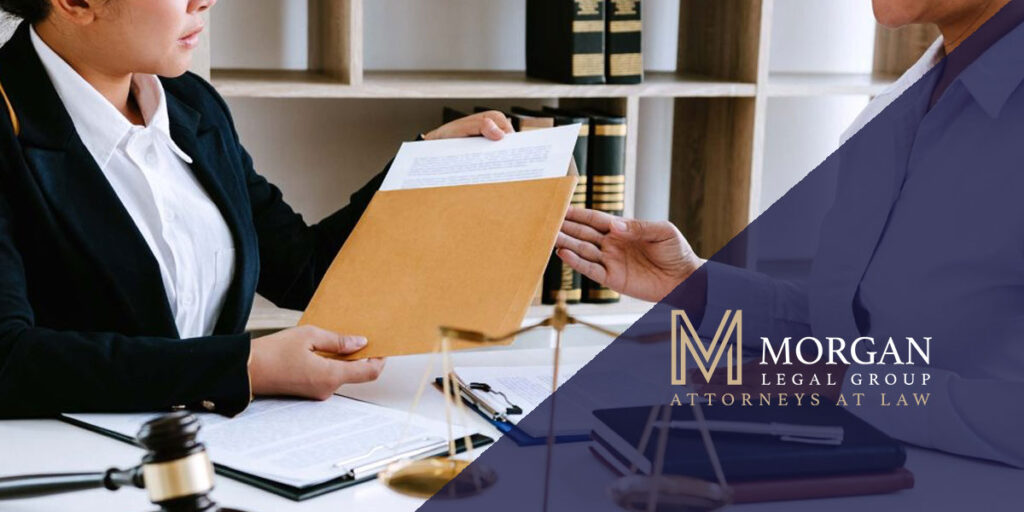The question commonly arises after a loved one’s death: is probate necessary?
In New York City, where estate laws are complex, the guidance of a knowledgeable attorney is crucial for this process.
When is probate required in New York?
Each state has its own set of rules, and in New York, it is necessary when an executor presents a will and supporting documents to the court to determine and distribute the deceased’s estate to beneficiaries and heirs. This process ensures all assets are divided after funeral expenses, taxes, and bills are paid.
Steps of the Probate Process
Understanding the probate process is essential for executors and beneficiaries navigating the complexities of estate settlement. At Morgan Legal Group in New York City, our expertise in estate planning, probate, elder law, wills, and trusts positions us to offer a detailed guide through the steps of probate under New York State law. This article aims to demystify each phase, providing clarity and direction for a smooth probate process.
Initial Assessment and Preparation
Probate begins with a thorough assessment of the deceased’s documents and assets. We’ll explore the importance of locating the will, securing assets, and preparing documentation for probate court submission.
Filing the Petition with the Surrogate’s Court
The formal probate process starts with filing a petition for probate in the Surrogate’s Court. This section will guide you through completing and submitting the petition, including necessary documents and potential fees.
Notifying Heirs and Beneficiaries
New York law requires notifying heirs and beneficiaries about the probate proceeding. We’ll discuss the notification process, who must be notified, and how to manage potential disputes or contests to the will.
Inventorying the Deceased’s Assets
An executor’s responsibilities include taking inventory of the estate’s assets. Strategies for accurately assessing and valuing assets will be provided, along with tips for managing and protecting these assets during probate.
Paying Debts and Taxes
Estate debts and taxes must be addressed before distributing assets to beneficiaries. This part will cover how to identify legitimate debts, settle them, and handle both federal and New York State estate taxes.
Distributing Assets to Beneficiaries
Once debts and taxes are settled, the executor can distribute assets according to the will’s instructions. We’ll explore the distribution process, including how to handle specific bequests and distribute remaining assets.
Finalizing the Probate Process
The probate process concludes with a final accounting to the Surrogate’s Court and the discharge of the executor. Guidance on preparing the final accounting and successfully closing the estate will be offered.
How Morgan Legal Group Can Assist
Navigating the probate process requires careful attention to legal detail and procedural requirements. Morgan Legal Group provides expert legal support at every step of probate, ensuring compliance with New York law and facilitating a smooth estate settlement.
Conclusion: Expert Support for Probate in New York
With the complexities of probate law and the emotional challenges of estate settlement, having a knowledgeable legal partner is invaluable. Morgan Legal Group is dedicated to guiding executors and beneficiaries through the probate process with compassion and expertise. Contact us to learn how we can support your estate planning and probate needs, ensuring a seamless transition and peace of mind during a difficult time.




